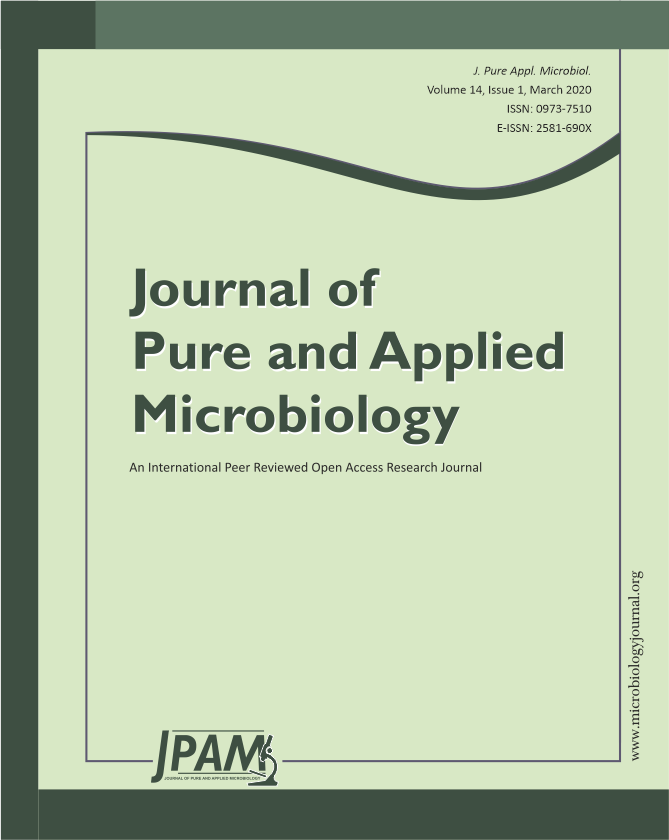Endophytic bacteria are known to impart biotic and abiotic stress tolerance under stressful environments. More than 70% arable area in North-Eastern Himalaya is occupied by acidic soil. The aim of this research was to test the extent of endurance achieved by suitable. Endophytic bacterial inoculation for enhancing crop fitness and also to quantify the realistic benefits for crop growth and performance with bacterial inoculation grown in acidic soil. To achieve this, the strain 22WE, isolated from the wild rice variety Zizania latifolia, was selected because of its growth promoting properties. 16S rDNA sequence of the isolate confirmed its identification as Serratia nematodiphila. This study assessed whether endophyte inoculation can provide the habitat-fitness benefits to rice crops in acidic soil. Further, Kharif rice (var. CAUR3) plants were inoculated with the endophyte selected strain of Serratia nematodiphila. Endophyte inoculated rice plants had significantly (P<0.05) higher root surface area, root volume, root and shoot biomass contents than that of uninoculated plants grown under aluminium (Al) toxic and phosphorus (P) nutrient conditions. The DAB staining assay exhibited that endophyte inoculation confers advantage to rice plants in terms of reduced reactive oxygen against Al-induced stress. The interaction effects between endophyte inoculation and Al levels was significant (P<0.05) for the malondialdehyde and cell membrane stability values. The current study showed that toxic effect of an approximate 100ppm Al incurred under any acid soil can be compensated due to the endophyte inoculation.
Acid Inceptisols, DAB assay, Endophyte, Lipid peroxidation, Rice and Root architecture.
© The Author(s) 2020. Open Access. This article is distributed under the terms of the Creative Commons Attribution 4.0 International License which permits unrestricted use, sharing, distribution, and reproduction in any medium, provided you give appropriate credit to the original author(s) and the source, provide a link to the Creative Commons license, and indicate if changes were made.


